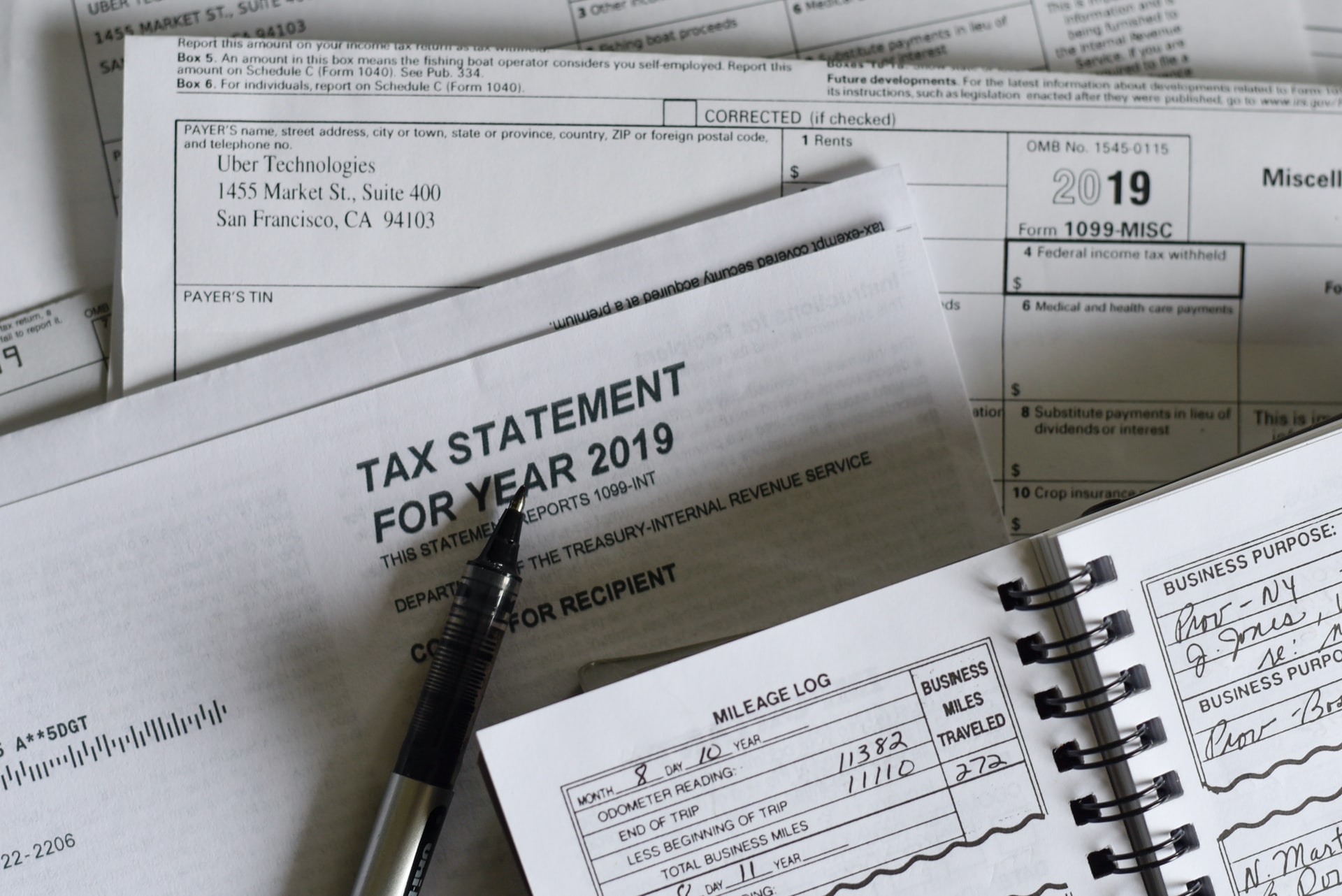Canada’s Election Brings Plenty of Tax Promises
September 3, 2021
written on behalf of Feigenbaum Law
Canada is about halfway through a Federal Election, just a couple of years after the Liberal party was elected with a minority government in 2019. The election, which is set to take place on September 20 is close, and each of the three major national parties is making plenty of promises related to tax and the economy. We wanted to take a few moments to provide our readers with a breakdown of what each party is promising in relation to personal and corporate tax at this point. All of the promises were reported with sources provided in a consistently updated story on the Maclean’s website.
What does the Liberal party promise for taxes?
Taxation on high-income earners plays a significant role in the Liberal platform. It includes a minimum tax rule which would result in those at the top of the income tax bracket pay at least 15% in income tax. The highest income tax bracket for federal taxes is currently set at anything over $216,511.
In addition, the Liberals have promised a luxury tax and new cars and private aircraft worth over $100,000. It will also apply to “pleasure boats” worth over $250,000.
The Liberals are also looking to increase income taxes for financial institutions earning more than $1 billion annually, with an increase from 15% to 18%.
Many of the Liberal corporate tax plans are tied to the environment, including a plan to reduce the tax rates of zero-emission technology companies by a rate of 50%.
The Liberals are also looking to reduce the amount of interest that businesses can deduct by 40% of earnings in their first year to 30% the second year. They also said they will limit excessive deductions that can be claimed by larger corporations. Finally, the Liberals have said they will eliminate the ability for multinational companies to avoid taxes that should be paid in Canada.
Conservatives introduce consumer tax holiday and corporate tax credits
One of the earlier promises made by the Conservative party was a break from the 5% federal portion of goods and services tax. The tax holiday would be in place through the month of December while many Canadians are spending large amounts of money on holiday gifts.
There are no announced tax hikes for individual income earners, though they have stated they will “review” Canada’s tax system. They have also pledged to change penalties related to errors in taxation, with the goal of imposing only minor fines on people making first-time errors.
On the business side, the Conservatives have stated they will introduce a 5% tax credit for capital investments that are made in 2022 and 2023, with the first $25,000 refundable for investments in small businesses.
The Conservatives are also looking at tax incentives that are tied to the environment, including a tax credit for carbon capture, utilization and storage technology. They have also said they will introduce tax relief for facilities that purchase emissions-reduction technology.
The NDPs tax platform
The NDP focuses much of its tax promises on high-earning individuals and businesses. Similar to the Liberals, they have stated they will introduce a tax rule so people in the top tax bracket pay at least 15% in income tax. Tied to this is a planned boost to the top tax rate by bringing in people making over $210,000 per year and increasing their tax rate to 35%.
On the corporate tax side, the NDP has said they will impose a temporary COVID-19 related tax that will be introduced to companies that experienced financial “windfalls” during the pandemic. The NDP has also said it will roll back a 3% corporate income tax cut introduced by a Conservative government in 2010.
Contact the experienced tax law team at Feignbaum Law for information on how we can help you reduce your overall personal or corporate tax burden, shield your business from liabilities and avoid pitfalls that result from improper tax planning. We offer services to clients in the US, Canada and around the world. Contact us at mark@feigenbaumlaw.com, or call us at (416) 777-8433 or toll free at (877) 275-4792 to learn more about how we can help.





